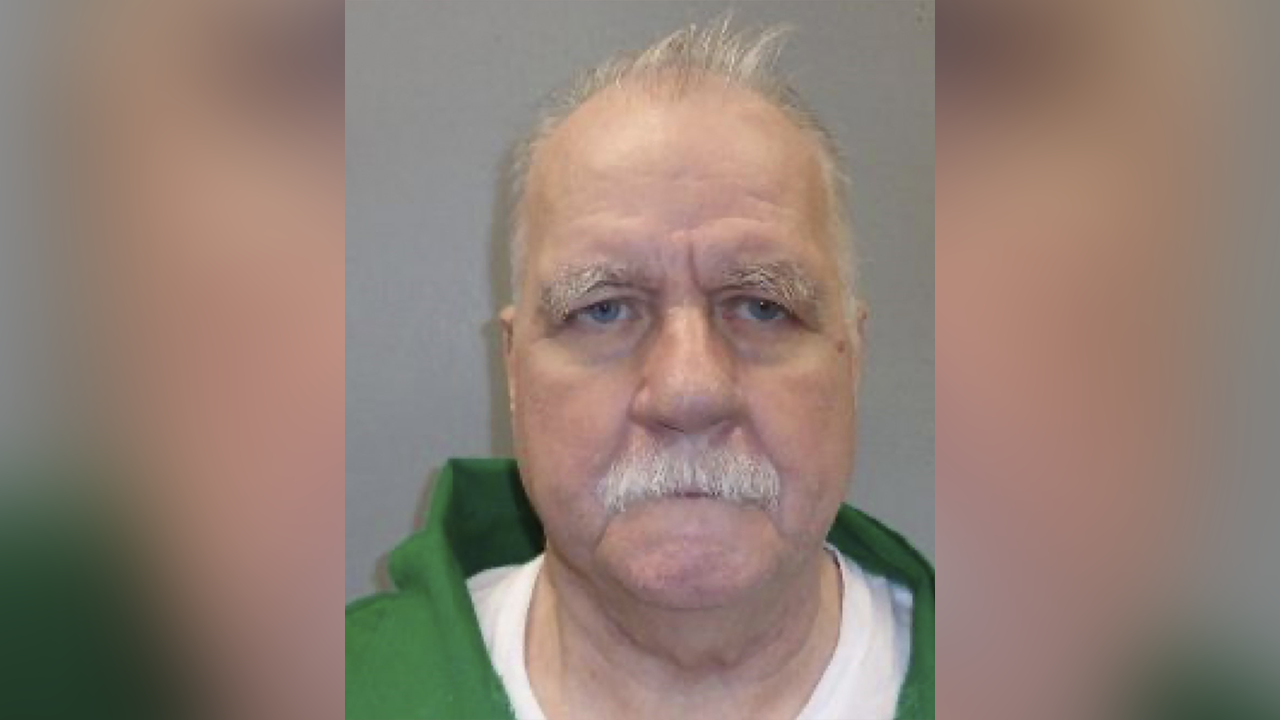United States
South Carolina death row inmate asking for postponed execution to obtain autopsy from state’s last execution

Brad Sigmon, a 67-year-old death row inmate in South Carolina, is once again asking for his execution to be postponed. His lawyers have not yet received the autopsy report from the state’s most recent execution, which took place two weeks ago. Sigmon is currently scheduled to be executed on March 7, and while his previous request for a delay was rejected by the South Carolina Supreme Court earlier this month, his attorneys argue that the situation has become more urgent. A February 21 deadline looms for Sigmon to choose his preferred method of execution: lethal injection, firing squad, or the electric chair. If he does not make a choice, the default method will be the electric chair, which his lawyers claim he wishes to avoid. Sigmon is hesitant to opt for lethal injection due to concerns about its efficacy and the potential for suffering, as raised by witnesses to recent executions.
Sigmon was convicted in 2001 for the brutal murders of his ex-girlfriend’s parents, whom he bludgeoned to death with a baseball bat in their Greenville County home. Investigators reported that Sigmon moved between the two victims, beating them both to death in separate rooms. After the killings, he kidnapped his ex-girlfriend at gunpoint, but she managed to escape from his car. Sigmon fired a shot at her as she ran, but missed. In a chilling confession, he stated, “I couldn’t have her, I wasn’t going to let anybody else have her,” revealing a twisted motive rooted in possessiveness and jealousy. His lawyers are now fighting to ensure that his execution, should it proceed, is carried out in a manner that minimizes unnecessary suffering.
The debate over South Carolina’s execution methods has intensified in recent months, particularly since the state resumed carrying out the death penalty in September after a 13-year hiatus. The pause was largely due to difficulties in obtaining lethal injection drugs, as pharmaceutical companies balked at supplying the medications amid concerns about transparency and public scrutiny. In response, South Carolina passed a shield law in 2023, which keeps secret the identities of drug suppliers and the execution team, as well as the specific procedures used during lethal injections. This lack of transparency has raised ethical and legal concerns, particularly among death row inmates and their attorneys, who argue that they have a right to know whether the methods used are humane and constitutional.
Sigmon’s attorneys are particularly troubled by the lack of access to autopsy reports from recent executions, which they believe are essential to fully understanding the efficacy and humaneness of the lethal injection process. For instance, the autopsy report for Richard Moore, who was executed on November 1, revealed that he received two large doses of pentobarbital, a sedative, administered 11 minutes apart. A defense expert reviewed the results and concluded that fluid found in Moore’s lungs likely caused him to experience the sensation of drowning or suffocating for up to 23 minutes before he was pronounced dead. This has raised questions about whether Moore may have been conscious for some time after the first dose was administered, despite appearing unresponsive. However, an anesthesiologist hired by the state to review the same autopsy argued that the fluid in Moore’s lungs is a common post-mortem phenomenon and that there was no evidence to suggest Moore remained conscious beyond 30 seconds after the first injection.
Despite these assurances, Sigmon’s lawyers remain skeptical about the safety and reliability of lethal injection. They point out that South Carolina’s execution protocol requires a single dose of pentobarbital, but the circumstances of Moore’s execution—specifically the need for a second dose—have not been fully explained. Prison officials have cited the shield law as a reason for withholding this information, further fueling concerns about accountability and transparency. Sigmon’s attorneys have also requested access to the autopsy report for Marion Bowman, who was executed by lethal injection on January 31, but it has not yet been released. Freddie Owens, another inmate executed on September 20, did not have an autopsy performed at his request, citing religious reasons related to his Muslim faith.
The uncertainty surrounding South Carolina’s execution methods has led Sigmon’s legal team to request a postponement of his execution until they can review the autopsy reports and other relevant documents. They argue that this delay is necessary to ensure that Sigmon’s rights are protected and that his execution is carried out humanely. Furthermore, they are advocating for a longer gap between executions—extending the current five-week interval to 13 weeks—to allow for a more thorough review of autopsy findings and other evidence. This request reflects a broader debate about the ethics of capital punishment and the need for transparency in how it is carried out. While South Carolina has executed 46 inmates since the death penalty was reinstated in 1976, the state’s recent resumption of executions has brought these issues to the forefront, raising important questions about justice, accountability, and human dignity.


















